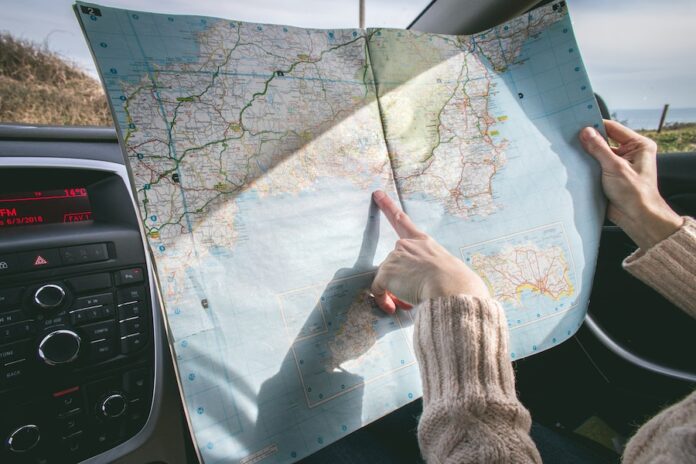Travelling around the world can be one of the best experiences of your life but trying to manage your money while on the go is never easy.
With so much to keep on top of while on the move, it can be hard to keep track of exchange rates, charges for using your bank cards abroad, new currencies as well as considering how to safely carry and store your money. So how do you access your money cheaply abroad? And what do you do if something goes wrong? We’ve put together the top tips we’ve accrued from years of travelling to help answer these questions.
Notify Your Bank
One of the main issues you might face when trying to use your cards abroad is your bank blocking them for “abnormal activity”. Often a bank will automatically flag activity on a card that is being used abroad in case it has been stolen. This can cause a lot of issues if you are relying on your card to pay for everyday items or even your flights and hotel. The best thing to do is contact your bank before you leave to inform them that you will be travelling and where you will be; most banks will then put a note on your account so that should anything be flagged your card shouldn’t be blocked. However, not every bank offers this service so it’s best to check before deciding to use your cards when you travel.
Use Prepaid Cards
A better alternative to using your credit card abroad is to use a prepaid card. These cards act like gift cards and allow you to load money onto them and then spend it as you wish while travelling. The benefit of this is you don’t need to worry about changing currencies and you can’t spend more than you put on it, meaning you won’t accrue interest or debt. Another benefit is that if your card is stolen thieves will only be to use the amount left on it before it will be of no use. The downside of many prepaid cards is that they will often charge fees to withdraw money and to top them up.
Have an Emergency Fund
Although we all hope everything will go to plan on our travels, it is best to put aside an emergency fund to just cover any issues that may arise. If your suitcase goes missing or you miss a flight, having an emergency fund should have you covered and ensure you’re not stuck without any options. If you are struggling to save for an emergency fund you can use a credit card, but try to make sure it is one which offers a 0% interest introductory rate and that you will be able to pay at least the minimum off the balance every month.
Shop Around
When it comes to exchanging your money, make sure you shop around for the best deals. Many places like airports and train stations will take advantage of the fact travellers are in a hurry to exchange their currency and will offer expensive rates. Travel agents and post offices tend to offer the best rates, but it is always best to look around online also.
Haggle
Haggling can be a daunting prospect if you’re not accustomed to it, but can be a way of life in many countries when shopping. Many market places around the world will expect you to haggle and if you don’t you will end up paying a lot more than you need to. In more up-market shops it might cause offense if you haggle so make sure that you are somewhere where it is expected. When haggling keep in mind that the seller properly does this many times a day so will know how to get the most out of you. Try to be confident and strong and have a price in mind you will be happy to pay before you begin the process; be assertive, but also remember to be polite too.
Use Banking Apps
Smart banking apps are great way to keep track of your finances when at home and away. Recent changes in laws brought about in 2018 by a new European directive mean that companies outside of banks can access your financial information for payments and services if you allow them to. Many companies have taken advantage of this and now offer virtual financial assistants via an app. These apps can track your spending, let you know where most of your money is going and make financial projections for the future based on your spending. Another benefit of using banking apps while travelling is that they are unlikely to block you from making payments whilst abroad.
Be Careful to Avoid Scams
Unfortunately, there are thousands of different scams out there targeted at tourists and it can be difficult to avoid every one of them. However, be wary of strangers approaching on the street or in clubs and whenever carrying cash or any valuables, try to make sure they are kept out of sight. If you do get into trouble, try to find the nearest embassy and ask for the contact details of the right people who can help you.
Signatories for Your Bank Account
Before you go travelling, it can be a good idea to add your parents or someone you trust to your bank account. By doing this you will allow a trusted person to be able to have a say over your finances from home, making it much easier to get help with your account should you need it while travelling.
Storing Your Money
No matter where you’re staying, it is always a good idea to have somewhere safe you can store your valuables. If you are sharing a bedroom or you’re just not sure of those cleaning your accommodation, it is best to either use a safe you can change the code to or have your items secured by a padlock only you have access to.




